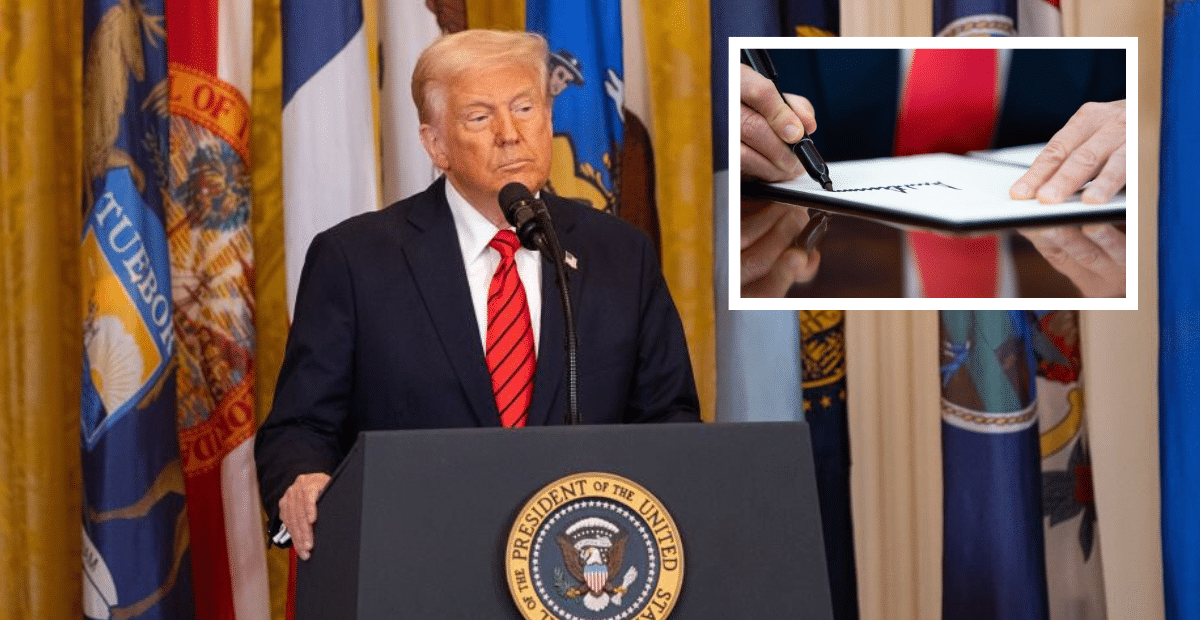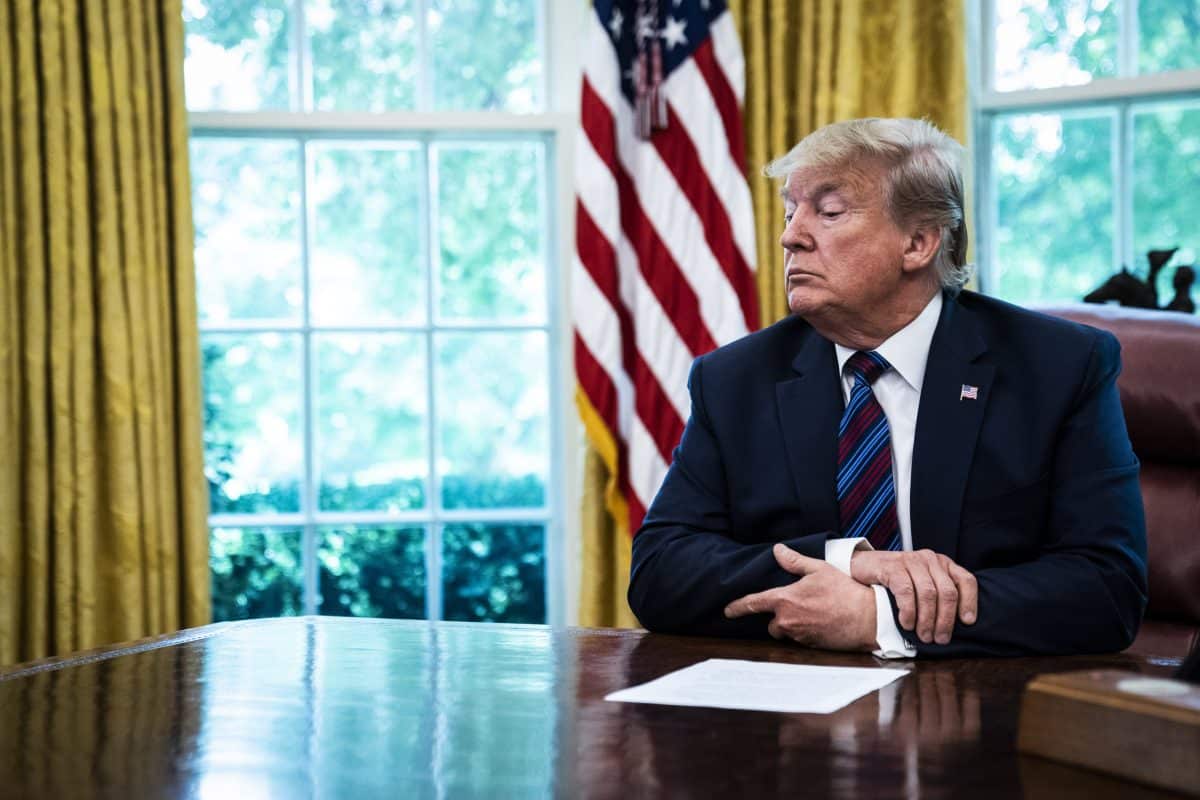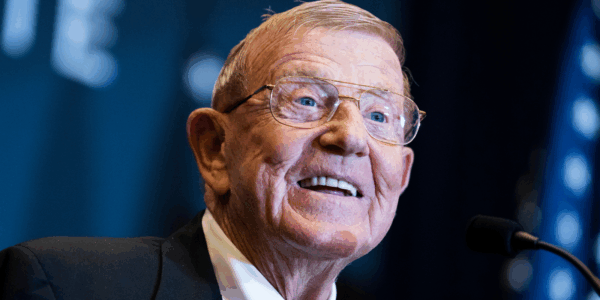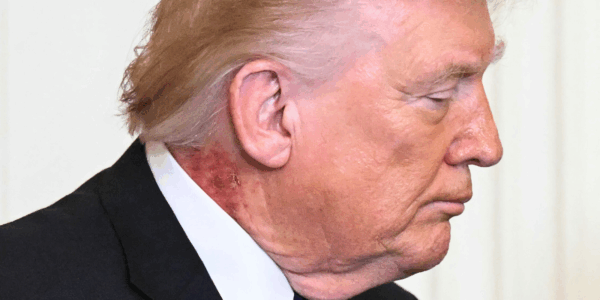Trump Signs Executive Order Requiring Proof Of Citizenship To Vote, Targets Mail-In Voting
on Mar 26, 2025

Trump Signs Executive Order That Makes It A Requirement To Show Proof Of Citizenship When Voting In Federal Elections
On March 25, President Donald Trump signed an executive order requiring documented proof of U.S. citizenship for anyone registering to vote in a federal election.
The order also mandates that all ballots be received and reviewed by Election Day.

The order requires voters to present a passport or REAL ID to state or local officials before being allowed to vote.
Officials will record details such as the document’s expiration date and other relevant information.
According to the order shared on the White House official website, the U.S. has failed “to enforce basic and necessary election protections.”
States that don’t comply with the new rules risk losing federal funding.
Although it is already illegal for noncitizens to vote in U.S. federal elections, proof of citizenship is not typically required for registration. Those who falsely claim citizenship could be charged with perjury and be potentially deported.
“Free, fair, and honest elections unmarred by fraud, errors, or suspicion are fundamental to maintaining our constitutional Republic,” the order states. “The right of American citizens to have their votes properly counted and tabulated, without illegal dilution, is vital to determining the rightful winner of an election.”
The order also targets mail-in voting, aiming to prevent states from counting ballots that arrive after Election Day.
The Issues That May Stand In The Way
The newly signed order is expected to face significant pushback. It’s unclear whether President Trump has the authority to enforce these measures. Voting and voting registration laws are typically determined by individual states.
Voting rights groups raised concerns that stricter identification requirements for mail-in voting could make it harder for certain groups, such as seniors and low-income voters, to cast their ballots.
Trump has frequently criticized mail-in voting, claiming it leads to fraud. However, fraud related to mail-in voting in U.S. federal elections has not been proven.











